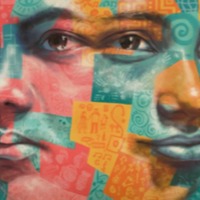
Manju A.
India has a population of more than 1.3 billion people, there are still at least 270 million people living on less than US$1.90 per day. While laws, systems and attitudes regarding key 'fault lines' such as the caste system, gender and feudalism are rapidly changing, social change of this depth and scale necessarily takes time. In this context, it is perhaps unsurprising that existing research suggests that all forms of modern slavery continue to exist in India, including intergenerational bonded labour, forced child labour, commercial sexual exploitation, forced begging, forced recruitment into nonstate armed groups and forced marriage. Interviewed by NGO Voices 4 Freedom, Manju is forced to work in the fields all day, without any time off for sickness.
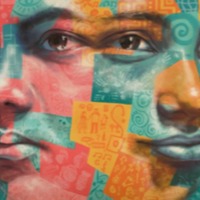
Florida
According to the United States Trafficking in Persons report 2017, government-compelled child labour in Uzbekistan was phased out in 2015, although there were anecdotal reports of the use of child labour in some areas. Government-compelled forced labour of adults, including employees of schools and medical facilities, remain widespread during the fall cotton harvest, spring planting and weeding, and for other agriculture and construction projects. Credible international reports indicate some adults who refuse to pick cotton, do not pay for a replacement worker, or do not fulfil their daily quota can face the loss of social benefits, termination of employment, or other forms of harassment. Private companies in some regions mobilized employees for the harvest under threat of increased government inspections of and taxes on their operations. There were anecdotal reports of officials mobilizing classes of students aged 11 to 15 years in some regions, in contravention of the central government’s prohibition on child labour. Mobilizations of university and third-year college and lyceum (equivalent to a U.S. high school) students, who tend to be 18 years old but include some 17-year olds, continued in 2016. Independent observers reported that, in recent years, forced mobilization of adult workers increased to compensate for the loss of child workers. "Florida" details what life is like for students who are forced to pick cotton.
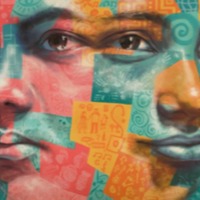
Esther Choe (Narrative 2)
Esther was a textile worker in North Korea when she learned that she could make 20 times the amount of her current pay caring for children in China, so she decided to go to work for a short period of time. She was subsequently caught in human trafficking and was sold as a ‘‘wife’’ to a Chinese man who locked her up. After she escaped, with no one to help her, she went back to the trafficker who sold her and pled for him to help her get back home. But, instead, he sold her again to another Chinese man. Through the help of an American Pastor, she was able to escape to the United States in 2008.
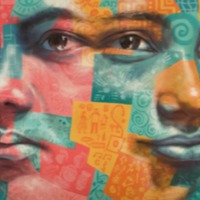
Iliona
Born in Armenia, Iliona was trafficked to the United Arab Emirates (UAE) where an estimated 10,000 women from sub-Saharan Africa, Eastern Europe, South and East Asia, Iraq, Iran, and Morocco are victims of sex trafficking. In addition, victims of child camel jockey trafficking still remain in the UAE: thousands of young boys have been trafficked from Pakistan, Bangladesh, Sudan, and Mauritania to work as camel jockeys, and though the UAE enacted a law banning the practice in July 2005, questions persist as to the effectiveness of the ban.
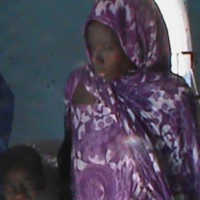
Fatimata
Mauritania is one of the last countries in the world where people are still born into hereditary slavery, which means they are literally owned by other people, and forced to work for masters their entire lives. People in slavery come from the Haratine ethnic group, historically enslaved by White Moors. They can be bought and sold, or given as gifts, and face a lifetime of exploitation and abuse. Rape of female slaves is common and their children also become slaves. They are Muslims, and many believe that it is Allah’s wish for them to be enslaved because they are told that their paradise is bound to their Master. In reality, Islam dictates that a Muslim cannot enslave a fellow Muslim. Since 2007 slavery has been criminalised in Mauritania but the law is not enforced and the government is reluctant to acknowledge the existence of the problem. With support from Anti-Slavery International, Fatimata’s master was convicted for slavery in a landmark case in May 2016.
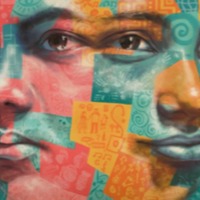
Bahar
Bahar was born in Moldova and trafficked into sex slavery in Turkey. Moldova is a country origin for the trafficking of women and children into European sex slavery. Its economic conditions fuel this trafficking. In 2000, the country’s GDP was 40 percent of its level in 1990. Unemployment remains high, especially among women. People are forced to look outside of the country for work and pimps take advantage: some victims are kidnapped but more often they answer job advertisements promising work and then are forced into sex slavery. Most Moldovan trafficking victims are taken to the Balkan countries, though other destinations include Asia, Turkey, Western Europe and the Middle East.